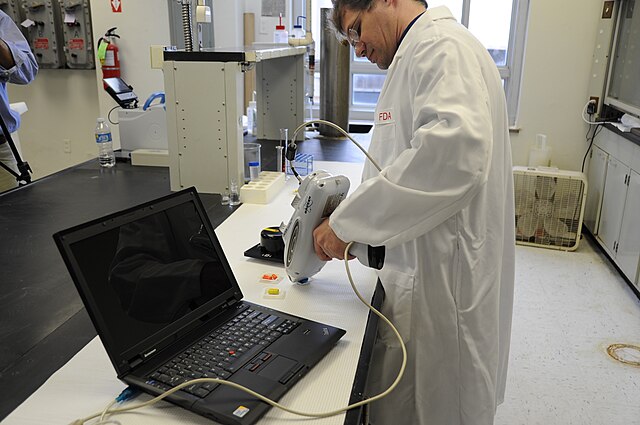
Technology And Modern Medicine
Technology has been advancing rapidly in recent years, and it has had a profound impact on modern medicine. From electronic medical records to robotic surgery, it is changing the way we approach healthcare and improving patient outcomes. In this article, we will explore how technology is changing modern medicine.
Data
One of the most significant changes in modern medicine has been the widespread adoption of electronic medical records (EMRs). EMRs allow healthcare providers to access patient records from anywhere, reducing the risk of errors and improving the quality of care. EMRs also make it easier for patients to access their medical records and track their own health data, empowering them to take an active role in their healthcare.
Diagnosis
Technology is also changing the way we diagnose and treat diseases. Medical imaging technology, such as MRI and CT scans, provide detailed images of the body that can help doctors detect and diagnose conditions more accurately. Robotic surgery is also becoming more common, allowing doctors to perform procedures with greater precision and less invasive techniques.
Remote Care
Additionally, telemedicine, which uses technology to provide medical care remotely, is becoming more popular, particularly in rural areas where access to healthcare can be limited.
Developing Treatments
Another area where technology is changing modern medicine is in the development of new drugs and treatments. Artificial intelligence (AI) is being used to analyse large amounts of medical data and identify new patterns and potential treatments. This has led to the development of personalised medicine, where treatments are tailored to a patient’s specific genetic makeup and health history.
Public Health
Technology is also changing the way we approach public health. Social media and mobile apps are being used to track disease outbreaks and monitor the spread of infectious diseases. Wearable technology, such as fitness trackers and smartwatches, can monitor a person’s health data and alert them to potential health issues.
The Challenges New Technology Poses
However, there are also challenges that come with these technological advancements. One concern is the potential for data breaches and cybersecurity threats, particularly with the widespread adoption of EMRs. There is also the risk that patients may become too reliant on technology, leading to a decrease in face-to-face interactions with healthcare providers.
Technology is changing modern medicine in profound ways. From electronic medical records to AI and robotic surgery, these advancements are improving patient outcomes and providing new opportunities for diagnosis and treatment. However, it is important to consider the potential challenges that come with these changes and ensure that we are using technology responsibly and in a way that benefits patients and the healthcare system as a whole.